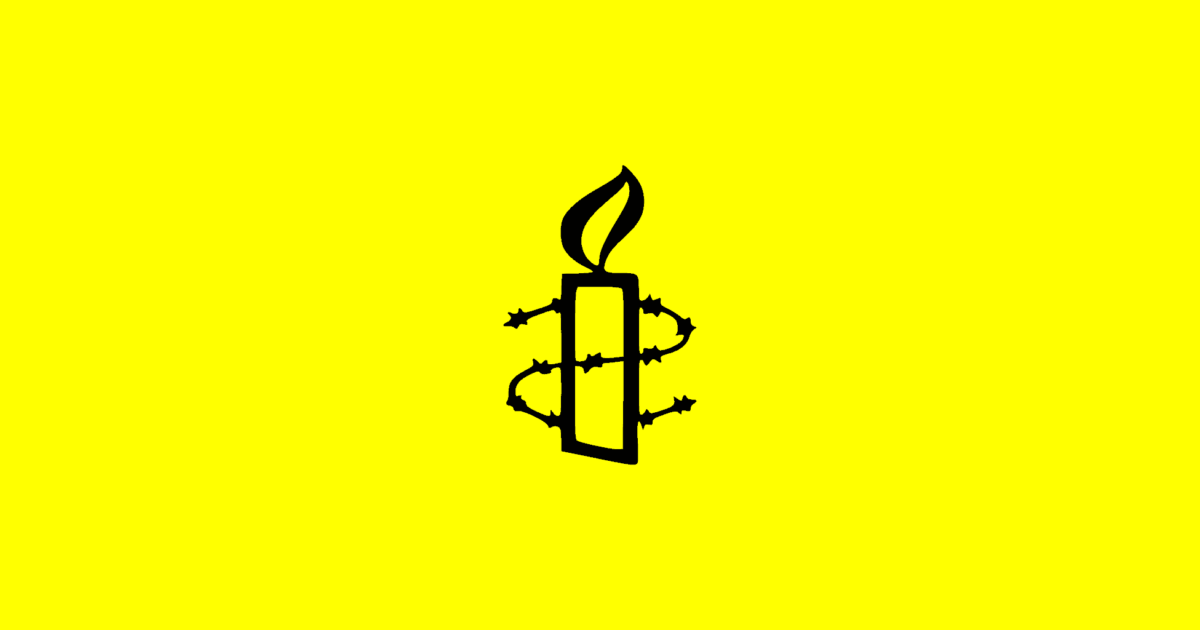Sierra Leone
Sierra Leone
Women in Sierra Leone were instrumental to the efforts of the international community to counter the Ebola crisis, and remain a key part of rebuilding the country after the civil war (1991-2002). However, women live under a patriarchal society, remaining largely excluded from politics, land ownership, and legal autonomy, and facing high levels of discrimination and sexual violence including marital rape, early marriage, and female genital mutilation/cutting (FGM/C).
Many of the obstacles faced by women increased in the wake of the 2014-2015 Ebola crisis, with sexual violence alone increasing by an estimated 40% (Humanist Watch Salone). Women’s groups have been advocating at the local and regional level to raise awareness of and address the particular negative consequences the crisis had on women and girls.
Based on the work of NGOWG members and their partners, the NGOWG advocates for the Security Council to monitor and evaluate the situation in Sierra Leone in the recent absence of a UN mission, the last of which was the 2008-2014 UN Integrated Peacebuilding Office in Sierra Leone (UNIPSIL). UNIPSIL’s mandate recognized the role of women in conflict prevention and resolution and included a gender perspective in the mandate’s implementation, and the Security Council should continue to advocate that such perspectives be implemented in domestic policies.
Current and Past Recommendations to the UN Security Council (Monthly Action Points)
Council members are expected to visit the West African countries of Cote d’Ivoire, Sierra Leone, and Liberia. On this mission, the Council members should meet with women’s rights advocates and civil society to discuss the concerns and solutions these groups have regarding the future of their countries; ensure they bring these messages to the attention of government and UN leaders in other meetings on the mission; and ensure the final mission report details the women, peace and security elements of the current situation in these countries, including in recommendations for future Council action.
Relevant Resources









